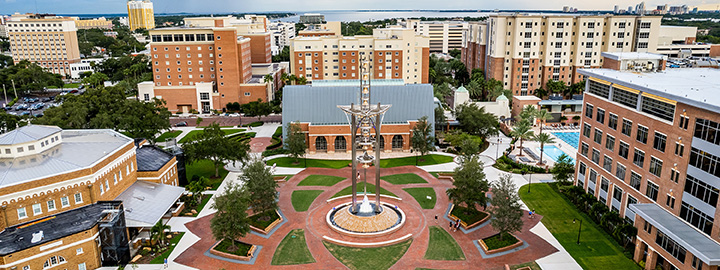
Resources
Physician assistants (PAs) are nationally certified and licensed medical professionals who work on health care teams with physicians and other providers. The PA profession has been named by top media outlets, including Forbes and USA Today, as one of the most promising jobs in America.
The University of Tampa’s graduate-level physician assistant program leads to a Master of Physician Assistant Medicine (MPAM) degree. The program follows the traditional medical model of training, providing in-depth analysis of disease processes, diagnosis and treatment. Students engage in full-time study for seven semesters, earning their degree in 27 months.
- Request More Information
- Program Highlights
- Careers
- Topics of Study
Complete to receive more information about the Physician Assistant Medicine Program.










